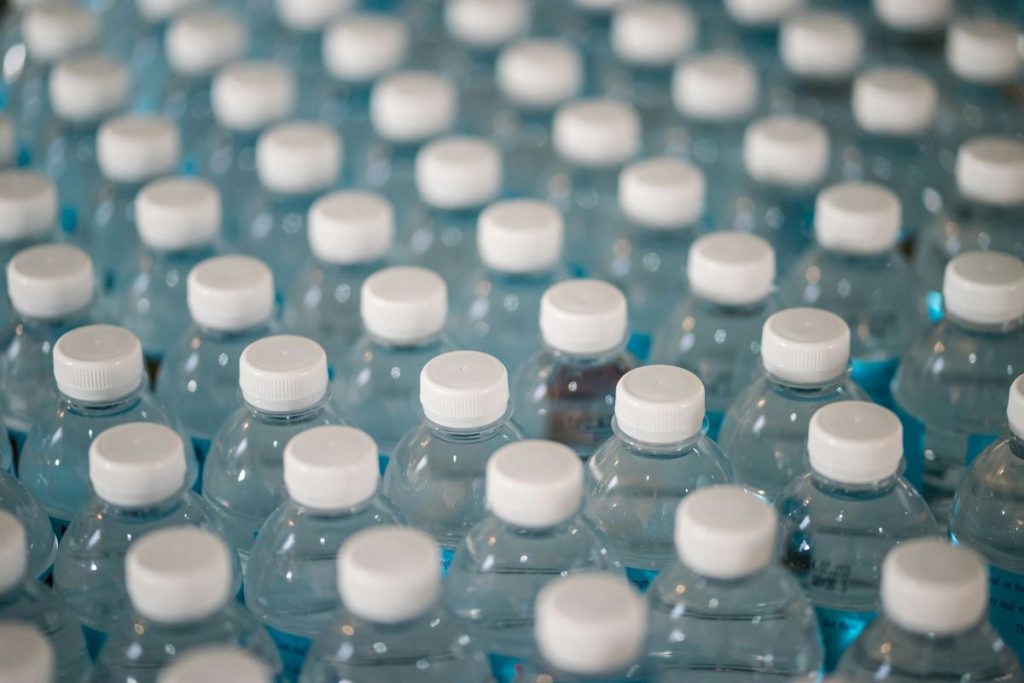Delegates from over 170 countries convene in South Korea for critical negotiations on a binding treaty to curb the 400 million tons of plastic waste produced annually worldwide.
A Crisis of Global Proportions
Delegates from more than 170 nations are meeting in Busan, South Korea, for the fifth and final round of negotiations on a treaty to address the mounting global crisis of plastic pollution. The urgency is clear: according to the UN Environment Programme (UNEP), the yearly rate of plastic waste entering aquatic ecosystems could triple by 2040, rising from 14 million tons annually in 2016 to as much as 37 million tons. With up to 199 million tons of plastic already polluting the ocean, the stakes are high.
The treaty’s ambitions include redesigning plastic products to enhance recyclability, increasing recycling rates, and investing in improved waste management systems. However, the most contentious issue remains whether to impose strict limits on plastic production. A coalition of 66 nations, including the EU, Rwanda, and Norway, supports such caps, while countries like Saudi Arabia, which are heavily reliant on oil and plastic exports, strongly oppose them.
A Turning Point for Global Policy
The UN Secretary-General has framed the negotiations as a pivotal moment for the planet. In a November 25 video message, he warned that, without decisive action, there could be more plastic than fish in the sea by 2050. Delegates are under immense pressure to produce a treaty that is “ambitious, credible, and just,” addressing the entire lifecycle of plastics to prevent further ecological harm.
UNEP chief Inger Anderson has emphasized the long-lasting impacts of plastic pollution, noting that plastics can take up to 1,000 years to decompose. Over time, they fragment into microplastics, which “persist, pervade, and pollute” ecosystems, creating a pervasive threat to biodiversity and human health.
Shaping the Future of Plastics
The outcome of these negotiations will signal how seriously the global community is taking the challenge of plastic pollution. While public and political pressure has reached unprecedented levels, achieving a consensus that balances environmental needs with economic realities will be a significant test of international cooperation. If successful, the treaty could mark the beginning of a more sustainable future, transforming how the world produces, uses, and disposes of plastic.





